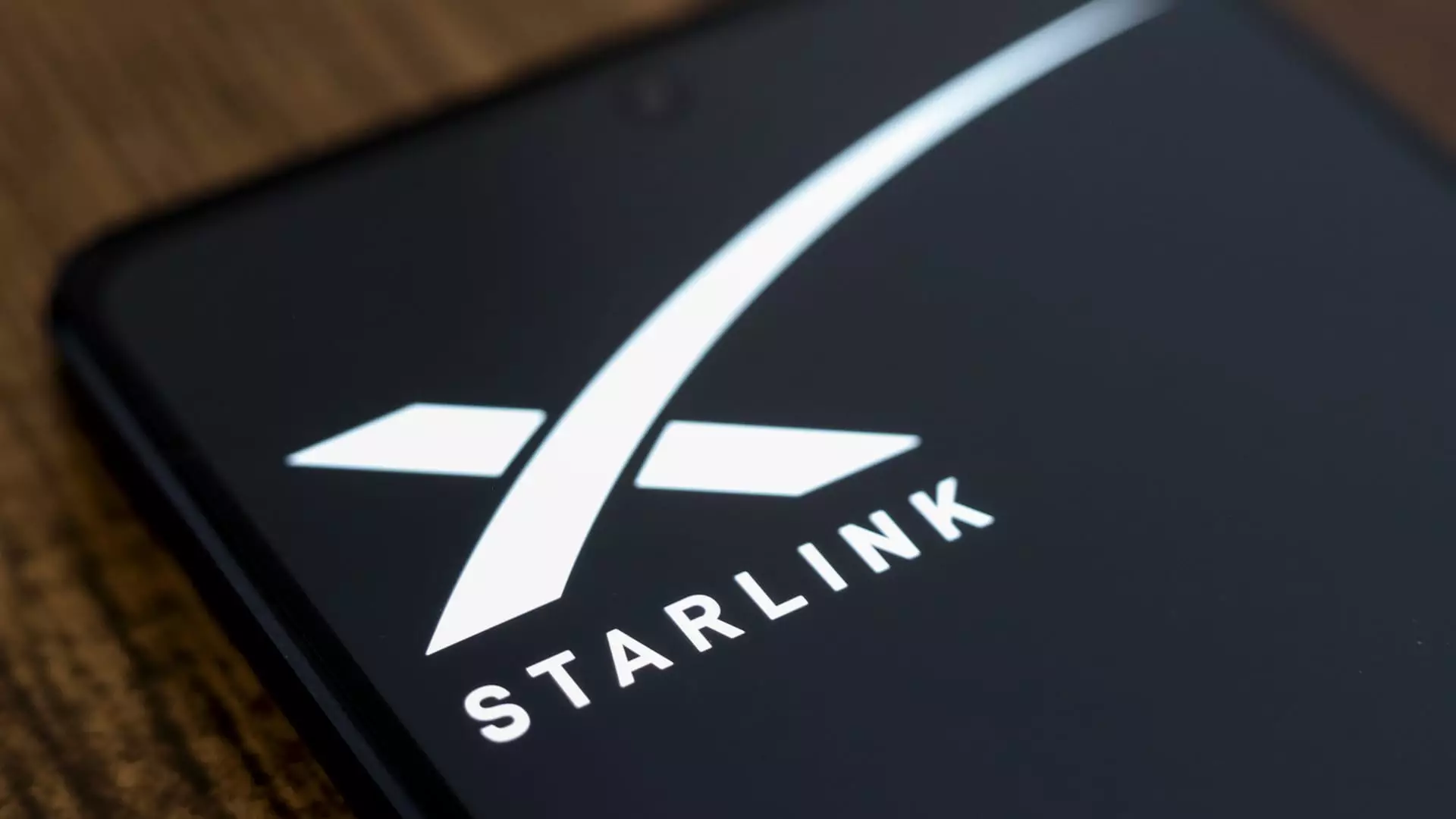The ongoing conflict between Starlink, the satellite internet service owned by SpaceX, and the social network X in Brazil has escalated to a point where drastic measures have been taken. The Brazilian supreme court took the decision to block X in the country due to its refusal to comply with court orders and pay fines. This decision has had ripple effects on Starlink’s operations in Brazil, as the court froze its financial assets in an attempt to ensure compliance from X.
Both Starlink and X are owned by Elon Musk, who has been at the forefront of this conflict. Musk’s involvement in openly criticizing the actions of the Brazilian government, particularly Justice Alexandre De Moraes, has added fuel to the fire. Musk has gone as far as to label De Moraes as a “criminal” and has called for his impeachment, accusing him of engaging in illegal censorship.
The Brazilian government, represented by President Luiz Inacio Lula da Silva, has been caught in the middle of this conflict. The government’s decision to uphold the court’s orders has drawn criticism from Musk, who has threatened retribution against both President Lula and Justice De Moraes. The government’s stance on this issue has implications not only for the relationship between Brazil and SpaceX but also for the freedom of speech and expression in the country.
The conflict between Starlink and X in Brazil raises questions about the limits of free speech and censorship online. While Justice De Moraes argues that his actions are necessary to protect democratic institutions from harm, critics believe that he is overstepping his bounds and exerting too much control over online platforms. The refusal of X to comply with government regulations highlights the tension between upholding the law and preserving the freedom of expression.
The controversy surrounding the conflict between Starlink and X in Brazil has attracted international attention. Musk’s vocal criticism of the Brazilian government and Justice De Moraes has sparked debates about the role of tech companies in politics and the power they wield. The implications of this conflict reach far beyond the borders of Brazil, as they touch on issues of sovereignty, freedom of speech, and the influence of multinational corporations.
The conflict between Starlink and X in Brazil sheds light on the complex interplay between technology, politics, and freedom of speech. The actions of Elon Musk, the Brazilian government, and the judiciary have far-reaching consequences that will shape the future of the internet landscape in Brazil and beyond. It is essential for all stakeholders to engage in constructive dialogue and find a balanced solution that upholds both the rule of law and the principles of free expression.


Leave a Reply